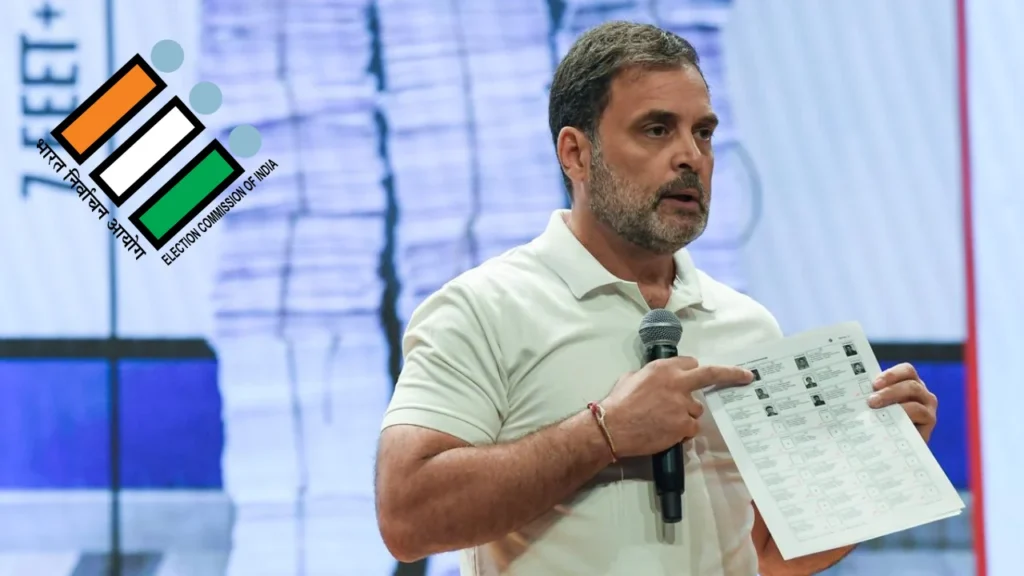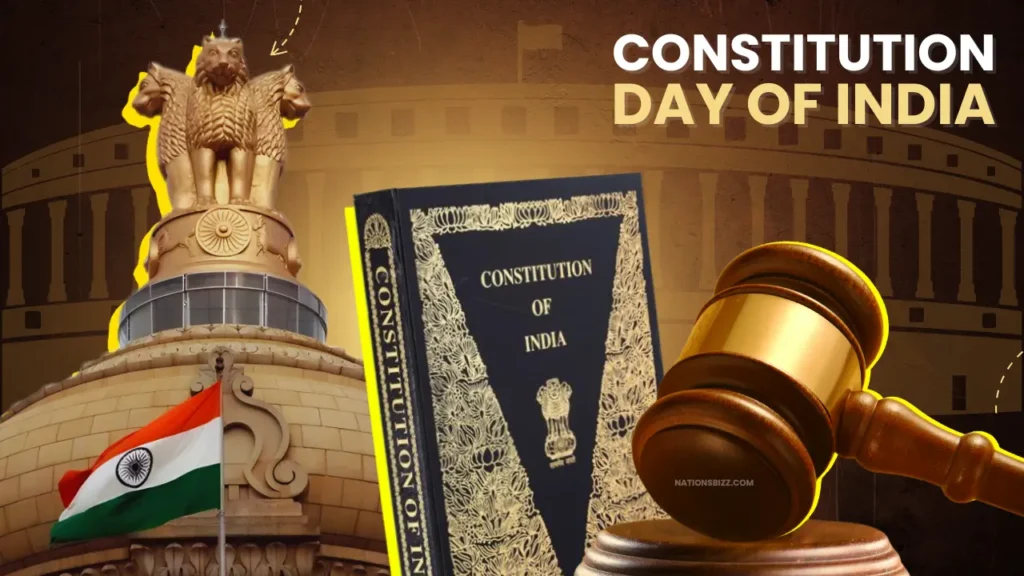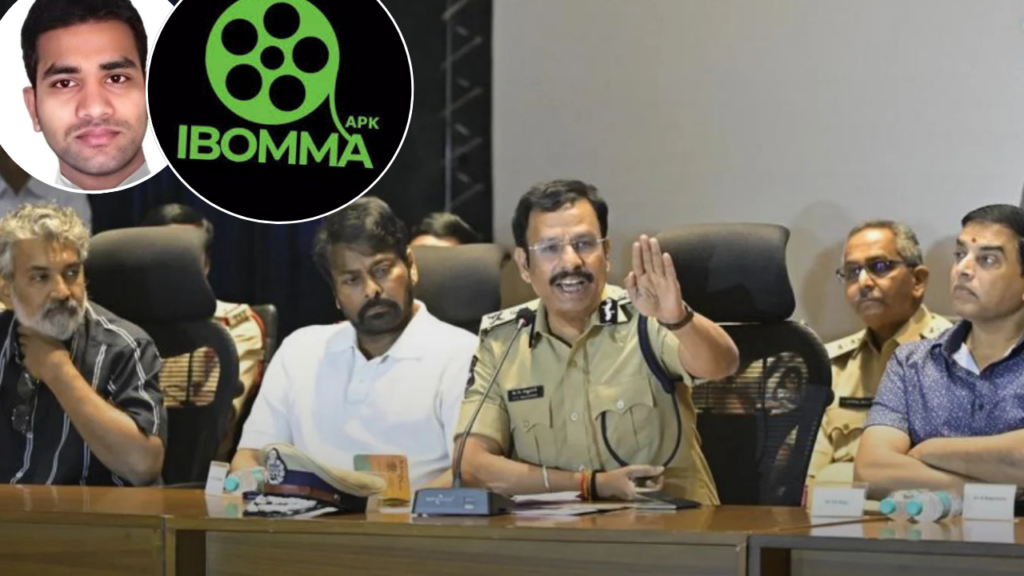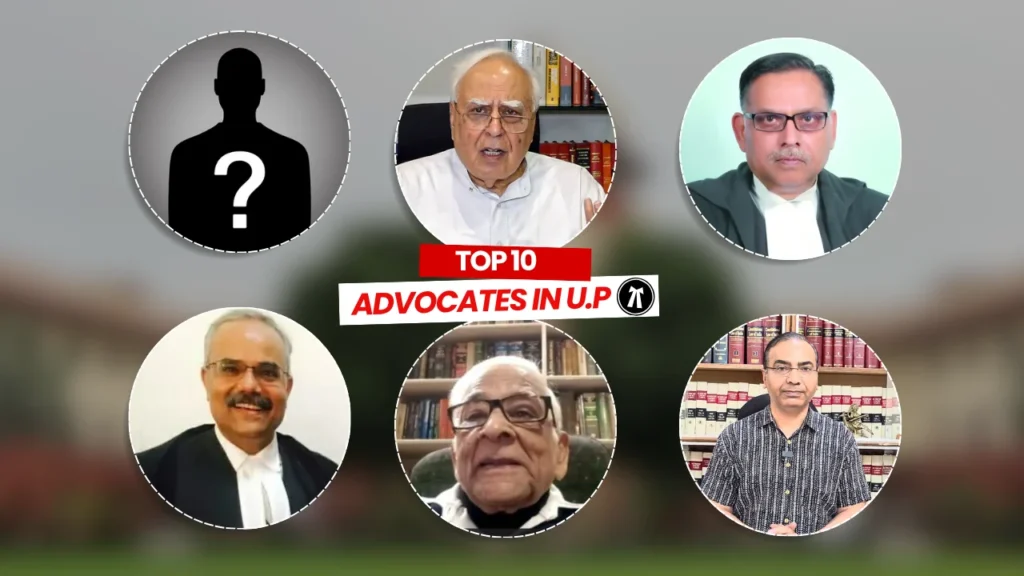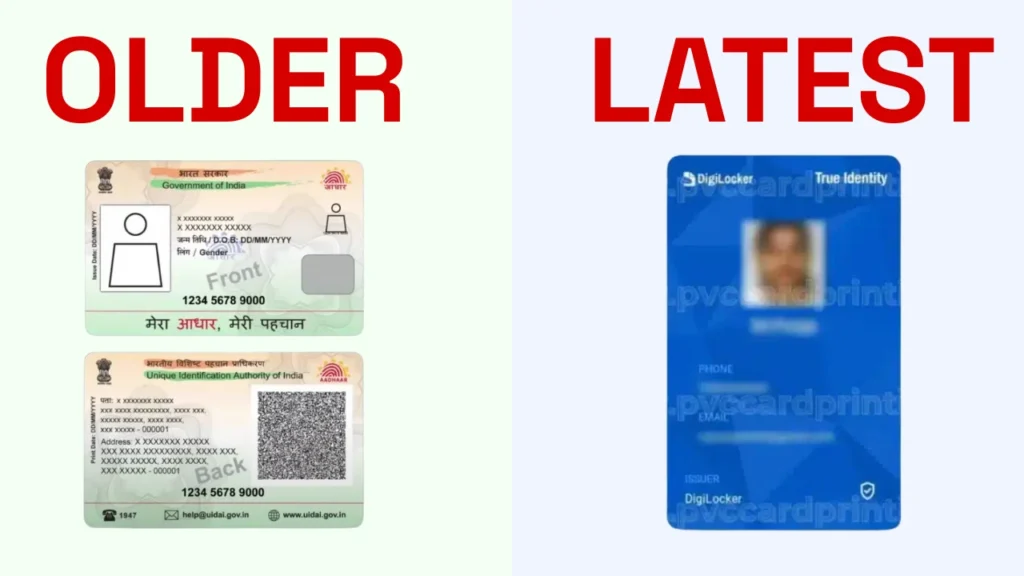Rahul Gandhi turned heads when he claimed a woman named Shakun Rani had voted twice in Bengaluru, hinting at a larger scheme of electoral fraud. Swift response followed. Karnataka Chief Electoral Officer (CEO) issued a notice asking for documents supporting that claim. The CEO wants records to back up the assertion to launch a formal inquiry.
Oath Under Rule 20(3)(b): A Test for Integrity
Within hours of Rahul Gandhi press briefing, the CEO dispatched a letter with a formal declaration form. It asks Gandhi to list alleged irregular voters including those included improperly or excluded wrongly and sign under Rule 20(3)(b) of the Registration of Electors Rules, 1960. The format highlights the legal risk in false testimony: punishments under the Representation of the People Act, 1950, and Section 227 of the Bharatiya Nyaya Sanhita, 2023.
Gandhi responded that his public statements carry value and invited authorities to treat them as an oath. Meanwhile, Deputy Chief Minister DK Shivakumar filed a separate memorandum citing AI-aided probe results in Mahadevapura. He insisted Gandhi and national Congress president did not need to file fresh affidavits.
Polling officials defended transparency, noting electoral rolls were shared with Congress during revision, and no formal objections were filed earlier.
That exchange highlights a moment of tension between political assertions and procedural validation. Calling out malpractice demands proof, not rhetoric. Rahul Gandhi allegations of duplicate voters, invalid addresses, bulk registrations, fake photos and misuse of Form 6 now hinge on his ability to hand over hard evidence and back it under oath. How this unfolds will say a lot about accountability and trust in the system.

